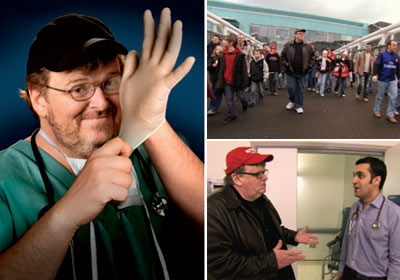Well it looks like the Democratic nomination just keeps getting more complicated by the minute. Last night Clinton pulled off some victories in Texas, Rhode Island, and Ohio. A while back (in a post titled Hillary Healthcare 2.0)I wrote about the healthcare plan proposed by Hillary. My intention was to highlight the plan so that others who are interested in medicine might get a clearer picture of this. I had hoped to do a comparison of all the major candidates.
Well it looks like some other people have done the work for me. I found this site: Health08.org. It had all the candidates and what the proposed (as far as healthcare is concerned). Now, they only list McCain, Clinton, and Obama since they are the only ones left in the race. So just keep in mind that the site changes as the political landscape does. So if you’re reading this 10 years from now, they probably won’t have anything left.
Hope it helps for everyone getting ready for the November elections.





